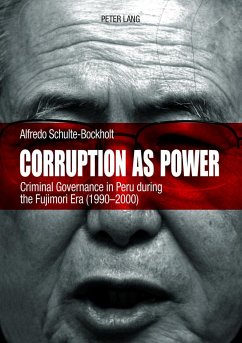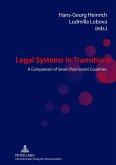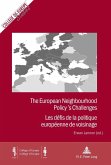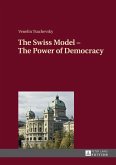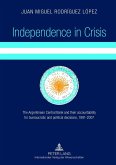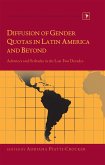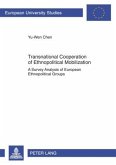This book deals with the political corruption which infested Peru during the Fujimori years (1990-2000). The work is not about petty corruption, the small bribe paid to the underpaid police officer to avoid being booked for a minor traffic violation, but addresses the corruption of the powerful. Elites rely on corruption, and particularly in repressive regimes the practice is the most important tool of 'criminal governance'. The author utilizes the concept of the protection racket developed by Max Horkheimer and Theodor Adorno from the Frankfurt School of Critical Theory to explain the links between political, economic, and societal elites in Fujimori's Peru such as the military, political parties, multinational corporations, or conservative groups within the Catholic Church.
Bitte wählen Sie Ihr Anliegen aus.
Rechnungen
Retourenschein anfordern
Bestellstatus
Storno

